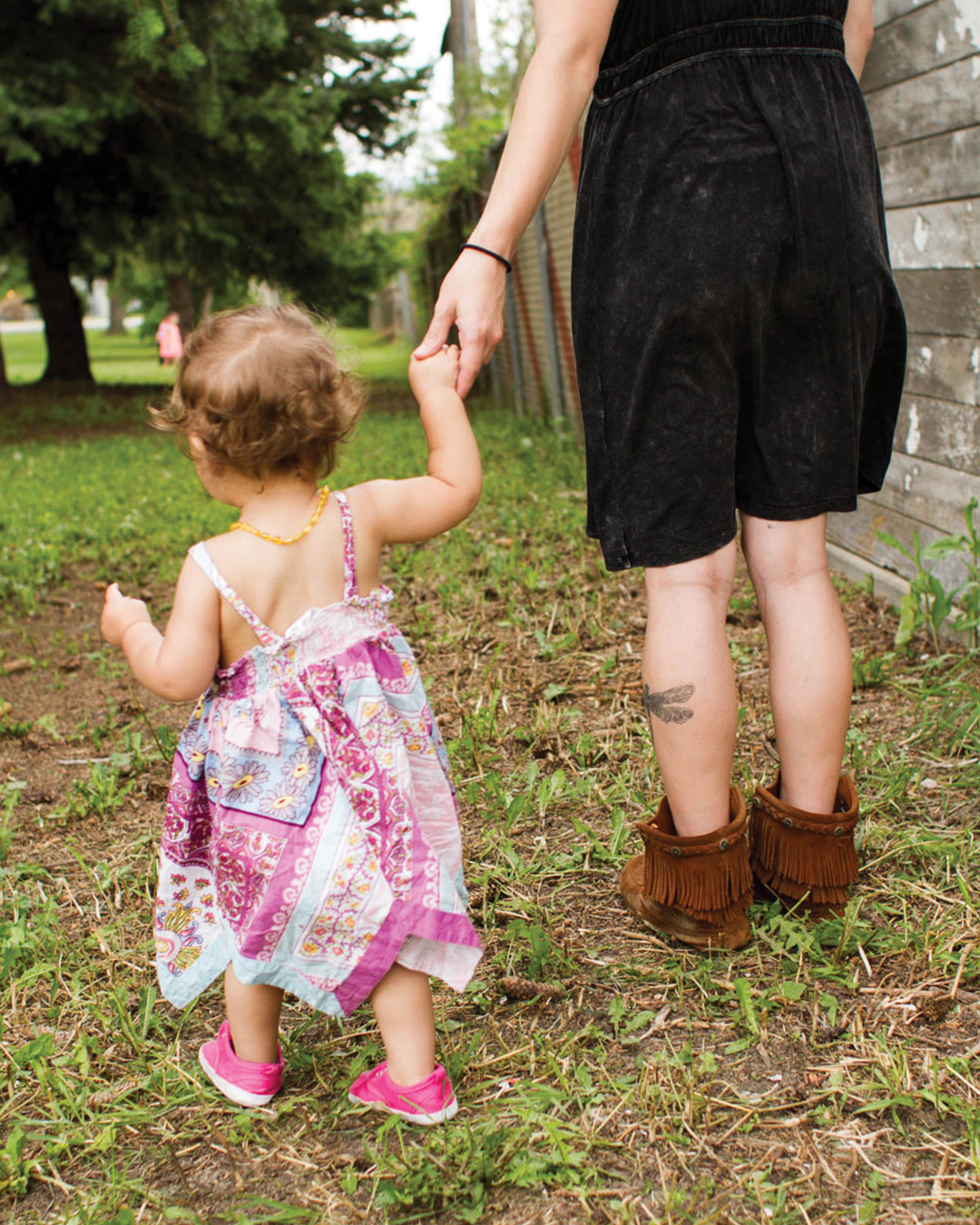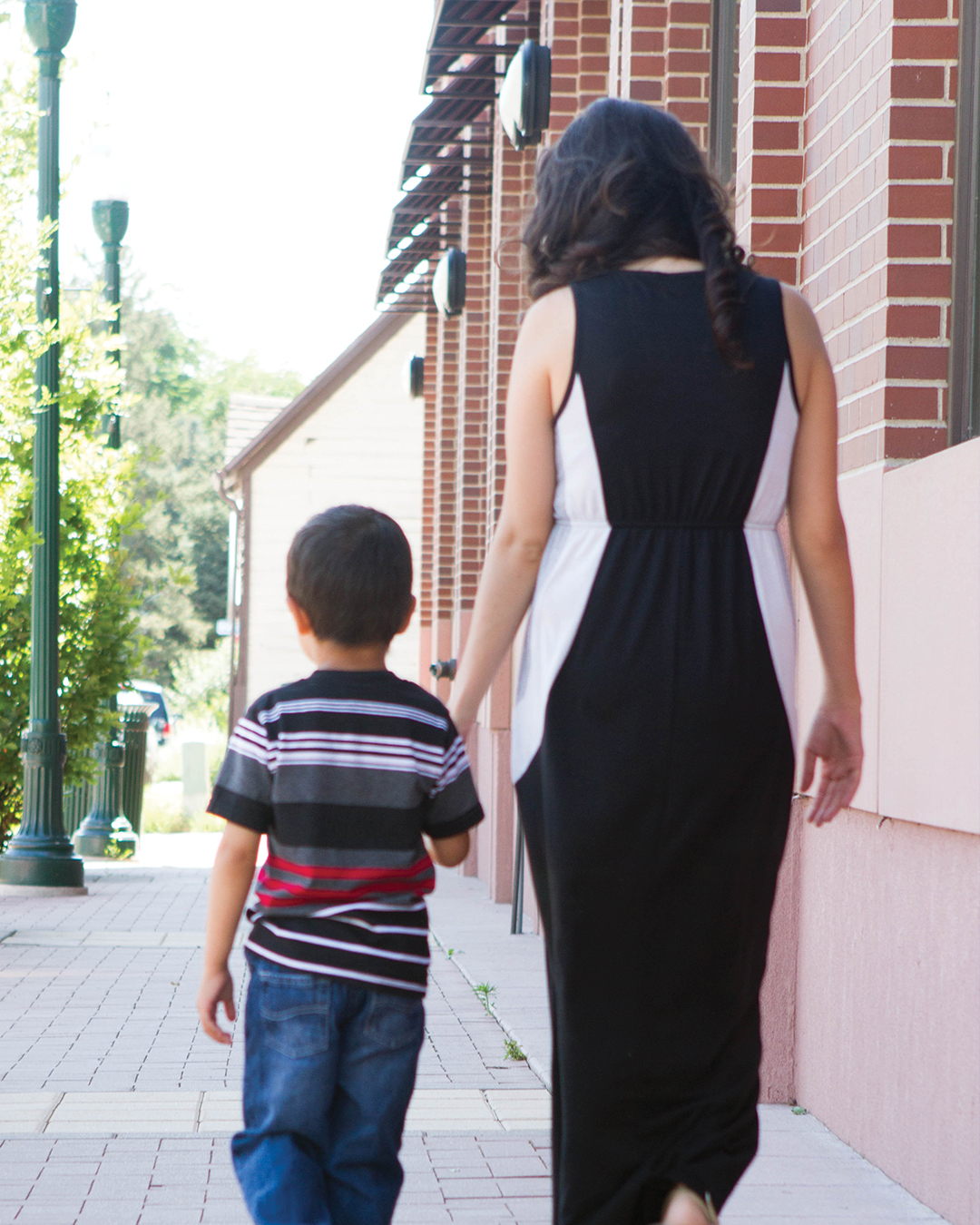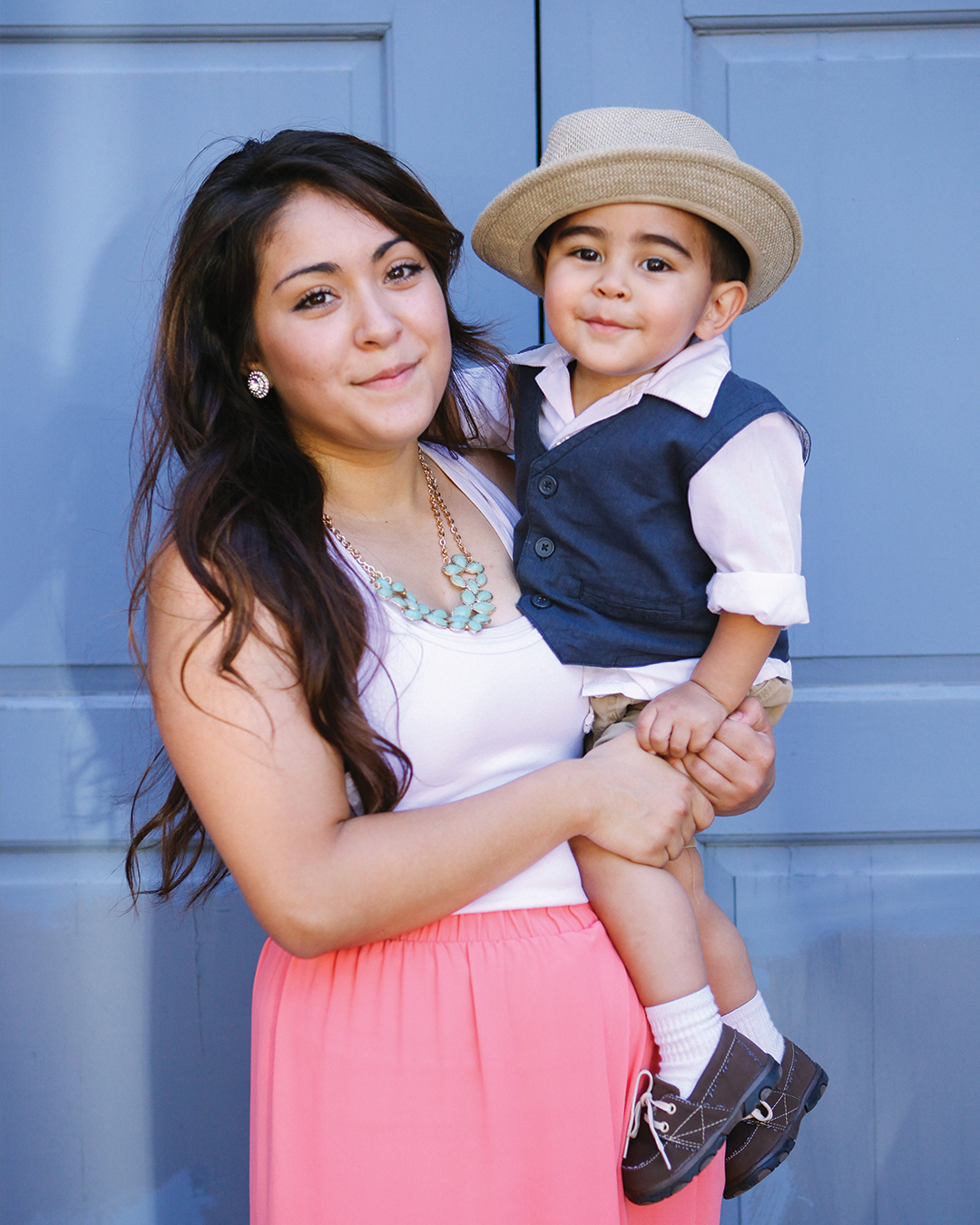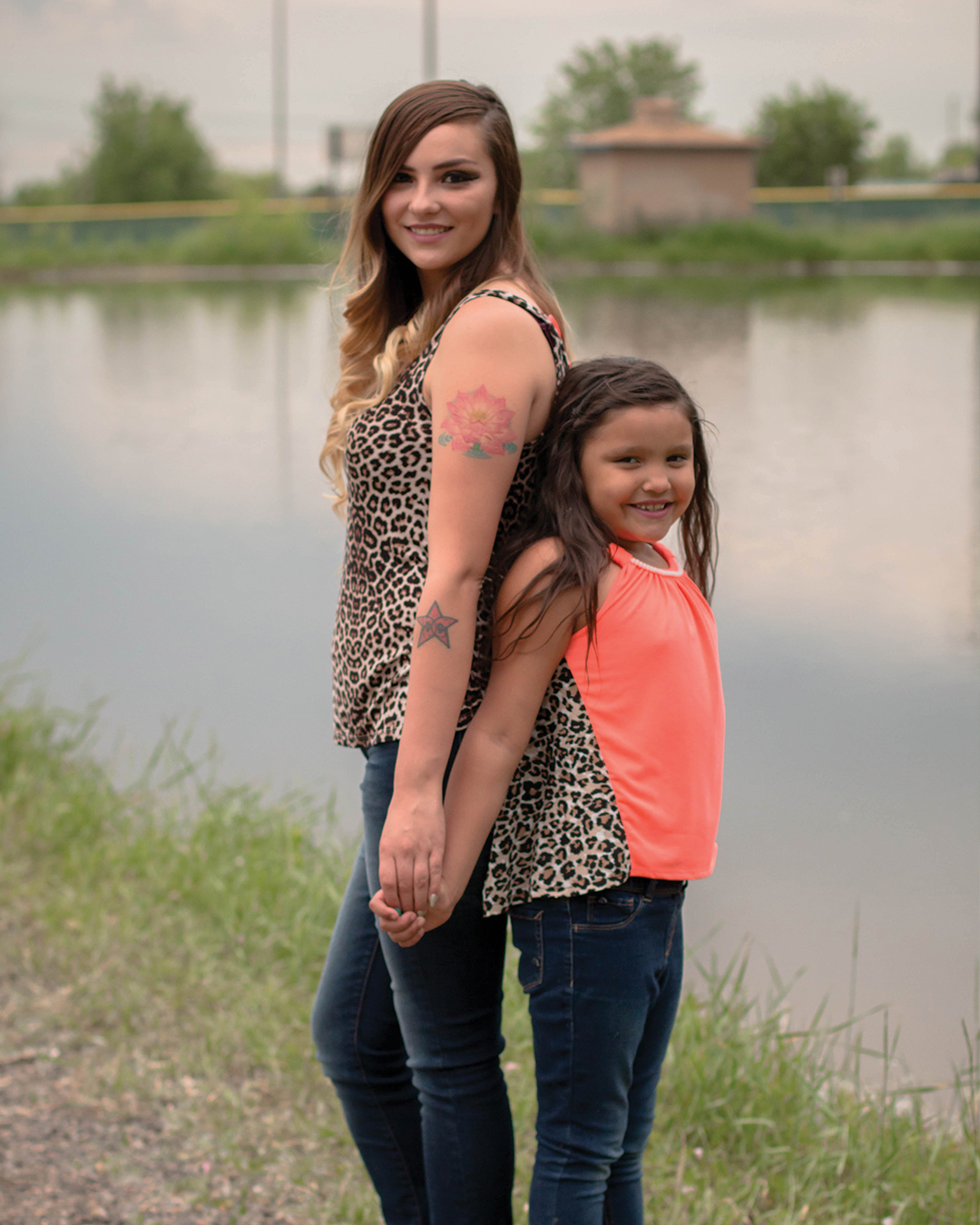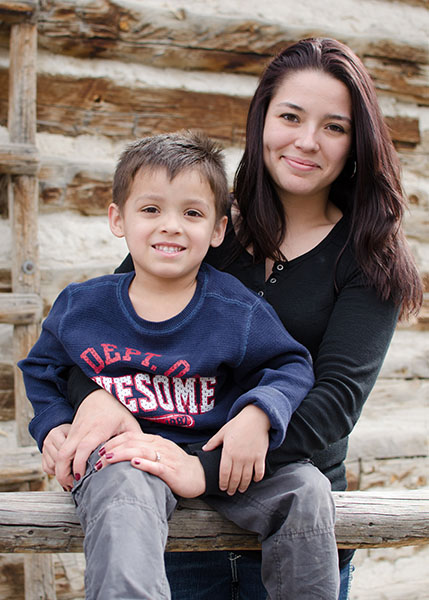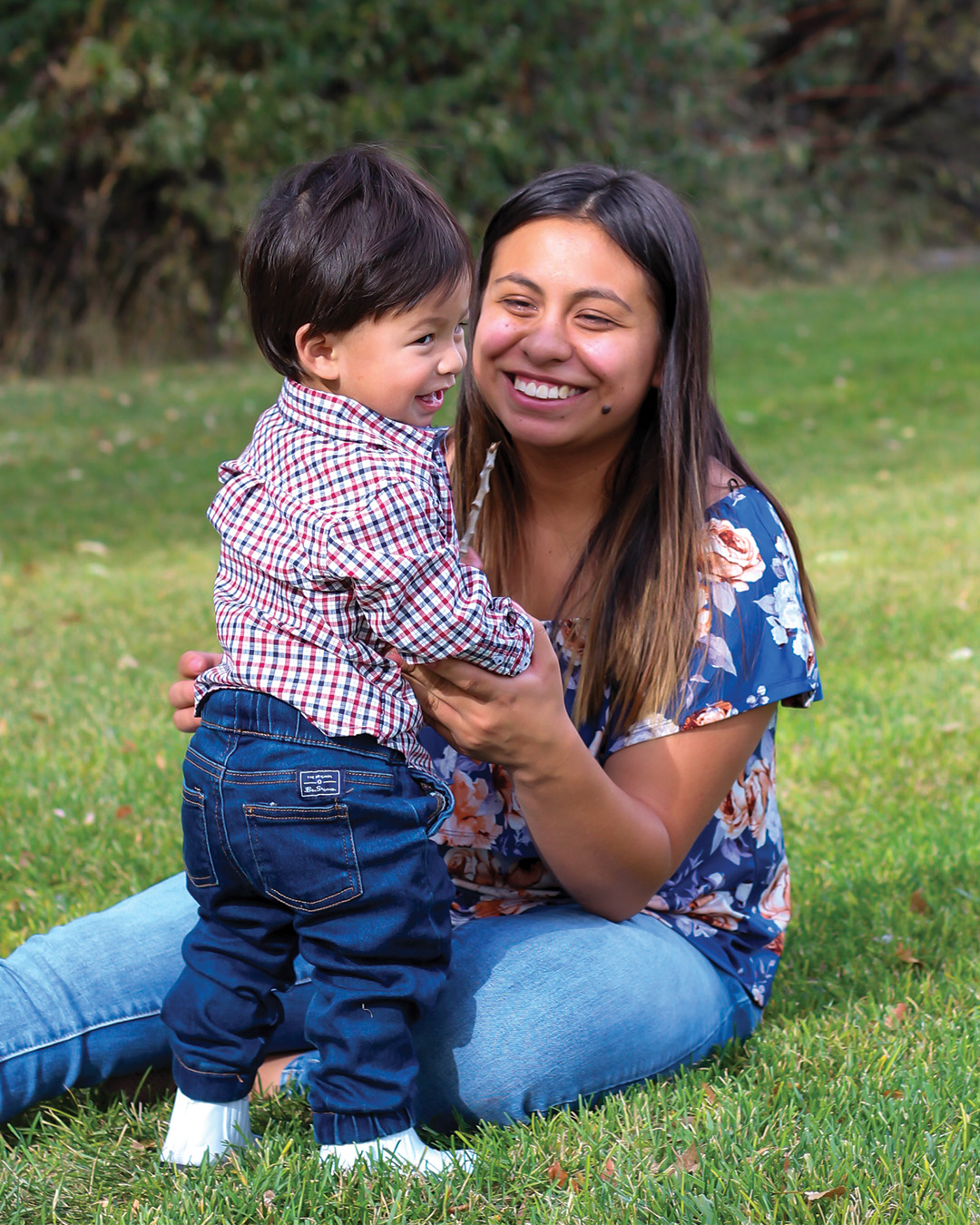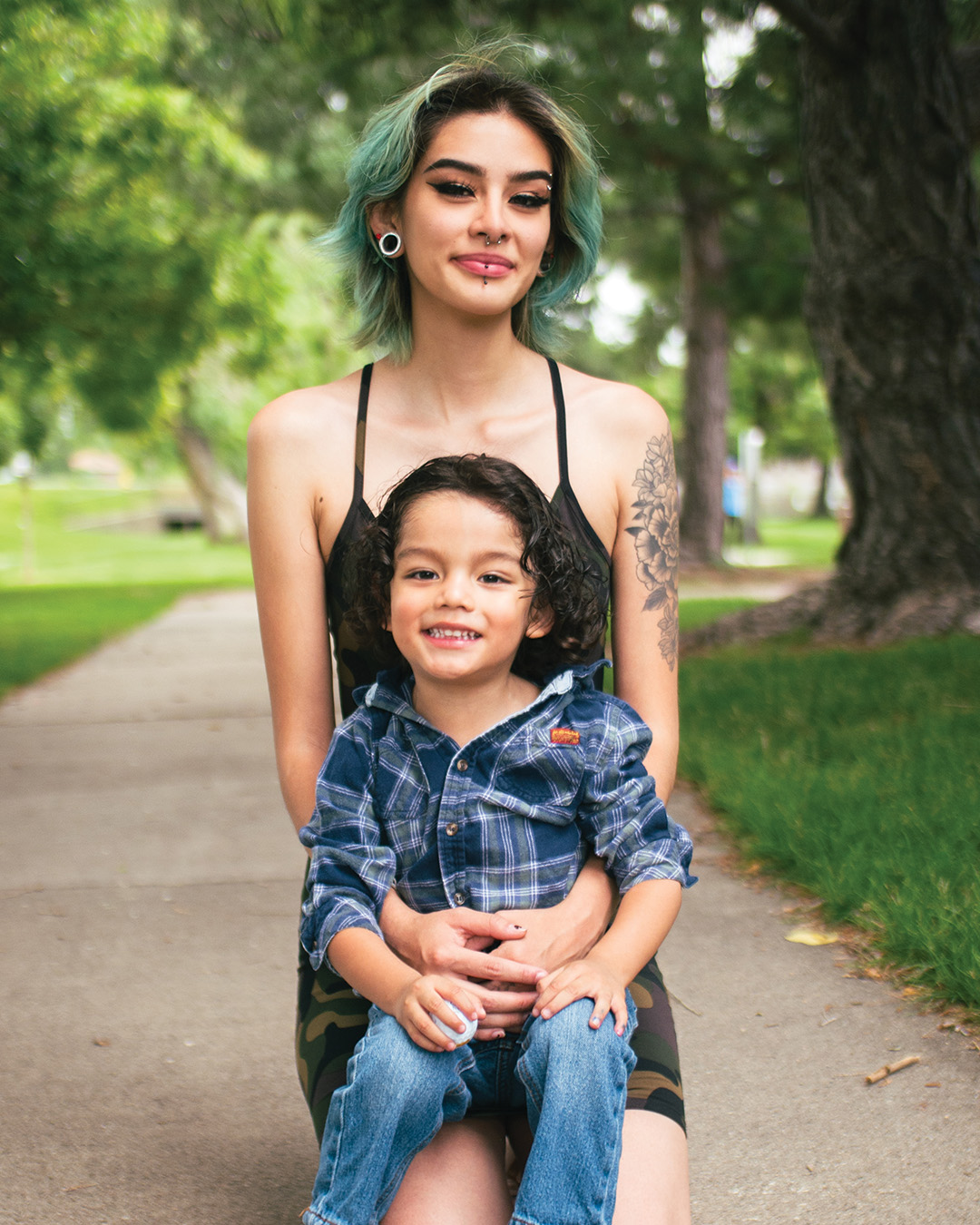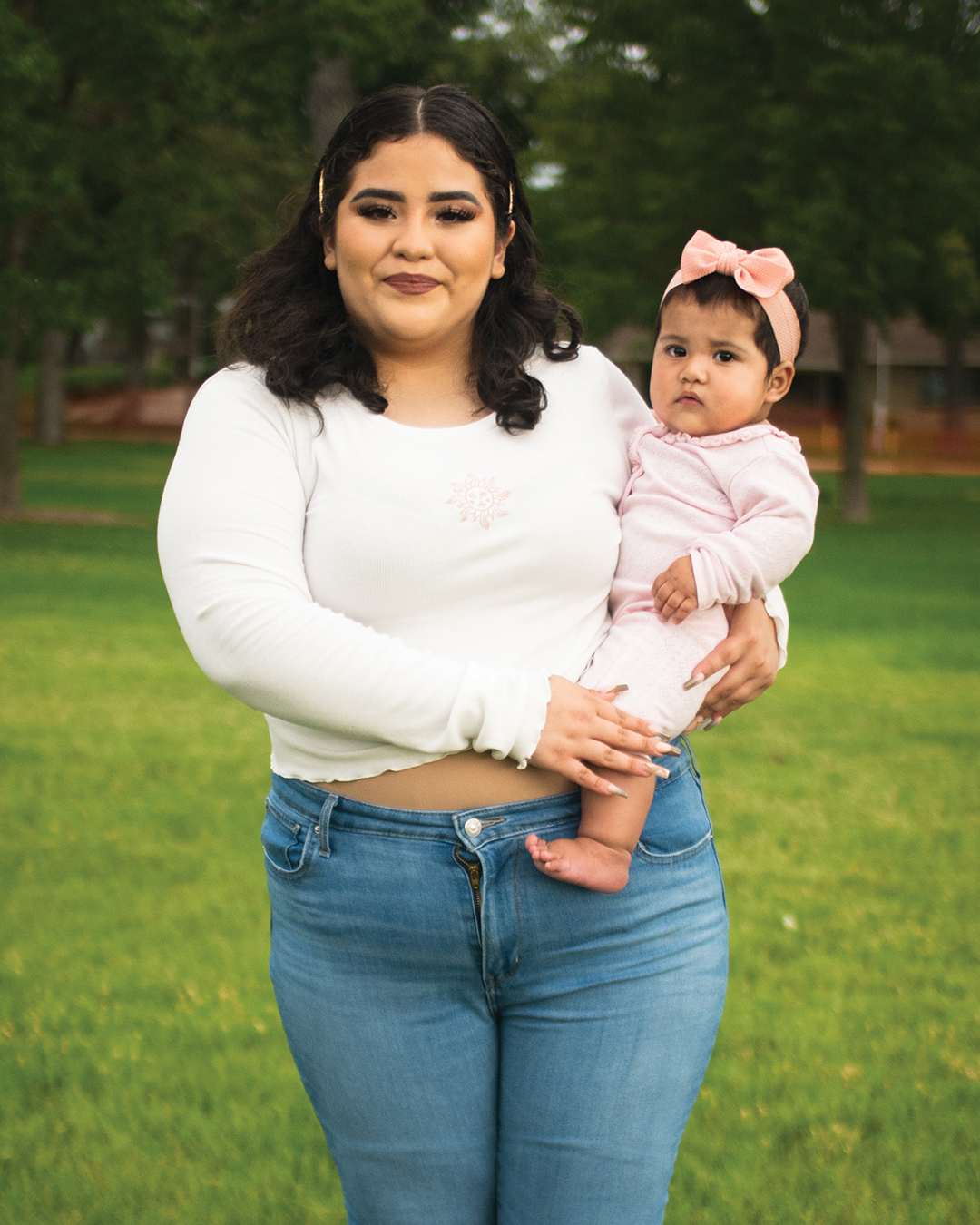Brain Development: Communicating Powerful Info to Teen Moms
Parent Educator, Melinda Smith
One of my favorite classes to teach as the Parent Educator at Hope House is on brain development. The human brain is absolutely fascinating and understanding how it works makes for a better parent – at any age.
In fact, brain development is an important piece of the Nurturing Parentingcurriculum that we use. I personally get pretty excited about the topic and that enthusiasm tends to rub off on the young moms who take my class.
In order to capture and maintain the attention of our young moms, I intentionally make the class on brain development both engaging and tactile.
I start with some startling information… including the fact that the brain isn’t considered fully developed until age 25! Other strategies include tossing around a beach ball to visually illustrate how neurons and synapses function.

What I want our young moms to understand is that the first few years of brain development are critical, and as a parent their job is to do everything possible to stimulate and nurture their child’s brain while also avoiding harmful agents and situations, called teratogens.
The conversations we have during class around brain development are often powerful.
For example, Brandi, one of our teen moms, had a significant epiphany during this class after sharing how her daughter had witnessed domestic abuse. Brandi knew that the situation was unhealthy for her daughter, but she wasn’t sure how it was affecting her. After discussing the effects that specific agents (teratogens in this case) have on a developing brain, Brandi said, “I got my daughter out of that environment in time so she has a chance.”
Other moms had a similar breakthrough when they took a hard look at what they had been exposed to in their own childhood. Poverty. Substance abuse. Divorce. Parent incarceration.
Many of our teen moms came to realize that their struggles in school were not because they aren’t smart but were often due to harmful influences that had a significant impact on their own brain development and subsequent learning experience. Higher level thinking and planning can’t happen if you’re functioning in survival mode.
My observation has been that with knowledge comes the desire for change. Armed with a better understanding of brain development, these young moms want to avoid situations they know are harmful so they can create a better life for their child.


